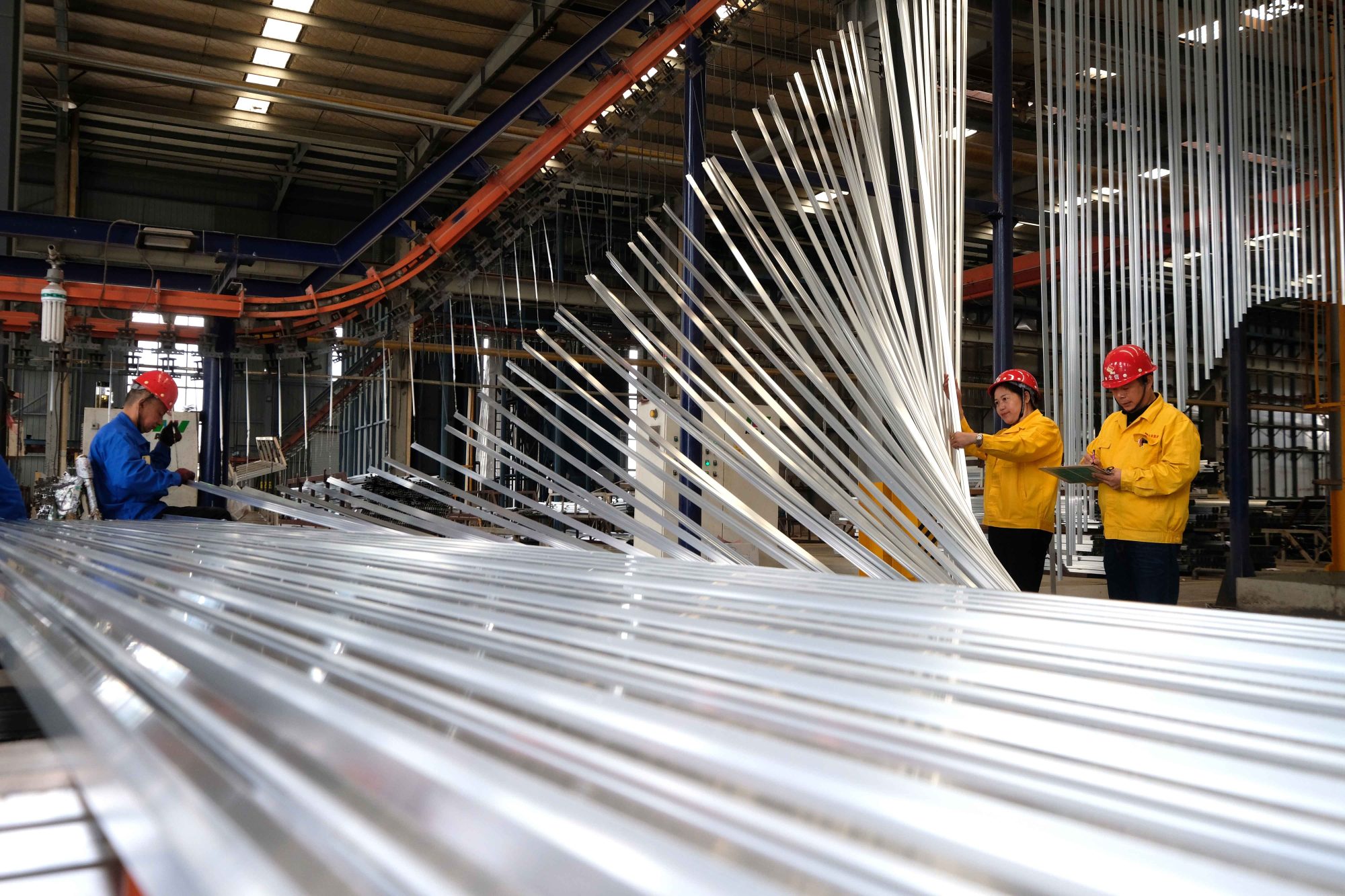Introduction
In recent developments concerning the aluminum industry, the Department of Commerce has released preliminary findings indicating potentially harmful subsidies in aluminum extrusion industries in countries such as China, Indonesia, Mexico, and Turkey. These findings bear significant implications for various sectors, particularly in industries relying on aluminum, such as solar energy. Understanding these developments is crucial for stakeholders to navigate potential impacts and opportunities in the aluminum market.
Understanding the Department of Commerce Findings
The preliminary findings from the Department of Commerce outline countervailing duties ranging from 15.41% to 169.66% for imports from China, 6.69% to 43.56% for imports from Indonesia, 1.68% to 77.80% for imports from Mexico, and 1.45% to 147.53% for imports from Turkey. These findings stem from ongoing antidumping and countervailing duty investigations initiated in October, which include countries like China, India, Mexico, the United Arab Emirates, and Vietnam. While certain products, like fully-assembled solar modules, are excluded from these investigations, extruded solar racking and imported panel frames remain under scrutiny.
Stakeholders, including the U.S. Aluminum Extruders Coalition and various unions, have petitioned for these investigations, citing unfair subsidization practices. Legal experts emphasize the importance of countering these subsidies to protect domestic industries from unfair competition.
Implications for the Aluminum Industry
These findings have immediate implications for the aluminum industry, particularly in terms of import regulations and market dynamics. Stakeholders must anticipate potential disruptions in the supply chain and assess the impact on production costs and pricing strategies. Moreover, these developments may influence international trade relations, shaping the global aluminum market landscape.
Exploring Aluminum Extrusions and Applications
Aluminum extrusion, the process of shaping raw aluminum into various profiles, is a cornerstone of the industry’s versatility. Aluminum’s properties, including durability, lightweight nature, and corrosion resistance, make it indispensable across diverse applications. In the context of solar energy, aluminum plays a pivotal role in components like solar racking and panel frames, offering benefits such as longevity, sustainability, and cost-effectiveness.
Conclusion
As the aluminum industry navigates regulatory changes and market dynamics, stakeholders must remain informed and proactive in adapting to evolving circumstances. Understanding the implications of import duties on aluminum, particularly in sectors like solar energy, is crucial for making informed decisions and leveraging opportunities in the market. By staying abreast of developments and embracing the versatility of aluminum, industries can continue to innovate and thrive in a dynamic global landscape.
